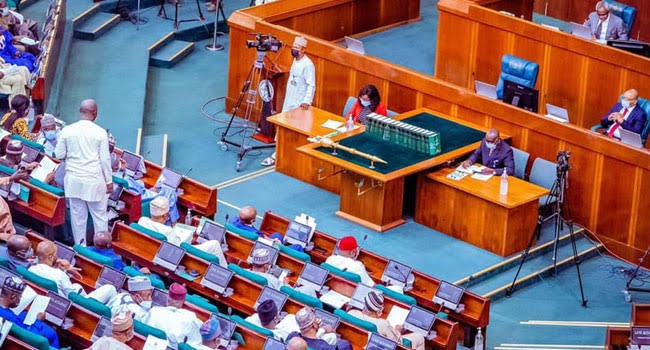From Adanna Nnamani and Rasheed Ladejobi, Abuja
Speaker, House of Representatives, Tajudeen Abbas, has encouraged Civil Society Organisations (CSOs) and Business Membership Organisations (BMOs) to work hard, be innovative and become willing partners of the government in the urgent task of stabilising and growing the economy.
He said such an approach will ensure they sustain their operations in the country, regardless of the scathing economic realities.
The Speaker gave the charge in Abuja on Tuesday at the opening of the 2024 National Organisational Development (OD) Summit.
Abbas also pledged to provide legislative support and implement reforms to foster a conducive environment for CSOs and BMOs to operate in Nigeria.
Represented by Victor Obuzor, Chairman, House Committee on Civil Societies and Development Matters, Abbas highlighted the obstacles faced by CSOs and BMOs, such as donor fatigue and bureaucratic obstacles, and emphasised the need for innovation and resilience to remain functional.
He affirmed their relevance in fostering transparency, accountability, and citizen participation, noting that: “They serve as crucial bridges between the government and the people, amplifying the voices of marginalised communities.”
He added that, “We are working to create an enabling environment for these organisations to thrive, including legislative reforms.”
Also speaking, the Executive Director, Spaces for Change (S4C), Victoria Ibezim-Ohaeri, explained that the Summit is an annual gathering of CSOs and BMOs aimed at identifying successes, challenges, and opportunities for enhancing their impact in the years ahead.
“Every year we come together to reflect on our role as civil society as accountable to what we have done, the contributions, how effective these contributions are, what our roles are, what challenges we face, how we can overcome them and how we can do better so that we can be more effective in our role of driving social change,” she stated.
Ohaeri further noted that civil society’s role extends far beyond traditional perceptions of charity work. “Many people just think that as civil society, the work we do is limited to providing charitable donations to widows, orphans and running orphanages. Civil society work is a lot bigger and more important than that. We are making lots of contributions, shaping and influencing policies, demanding policy reforms, demanding shifts in governance practices, methods, measures, making contributions to how policies are developed and all of that. But in doing that, we also have significant challenges. And so the essence of the summit also, is for us to come together to learn what has worked in the past and what is not working,” she added.
